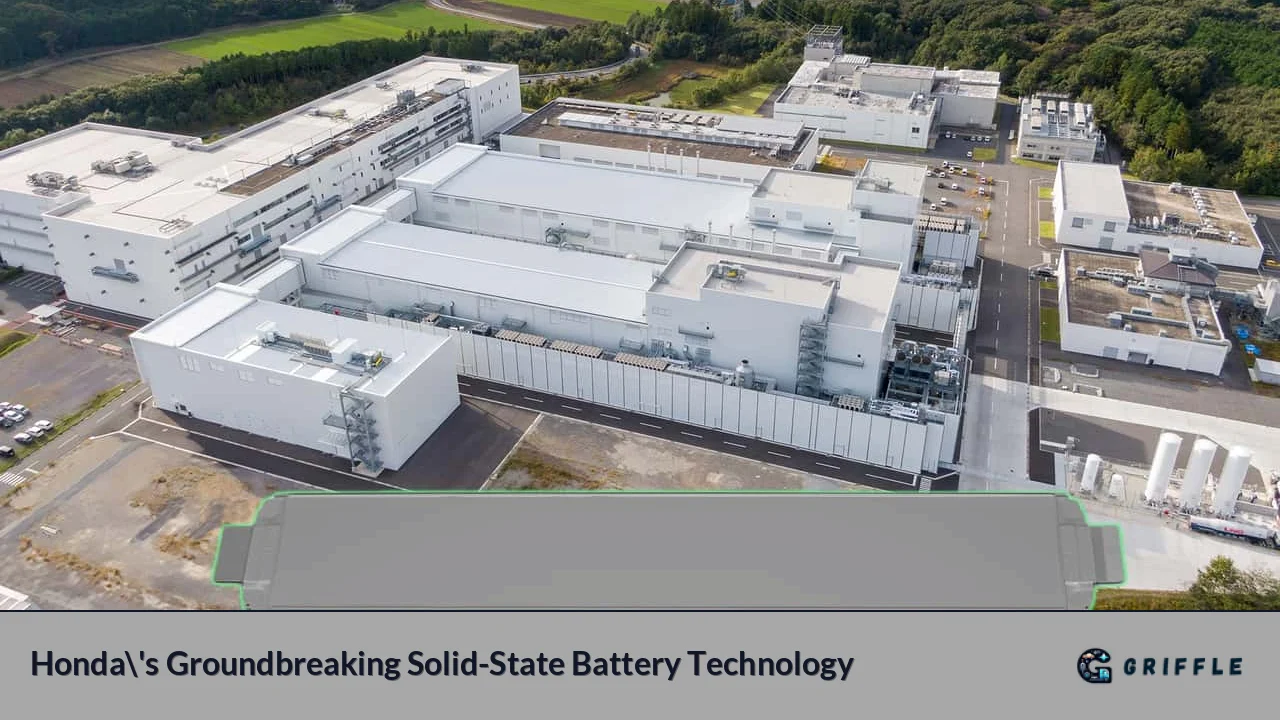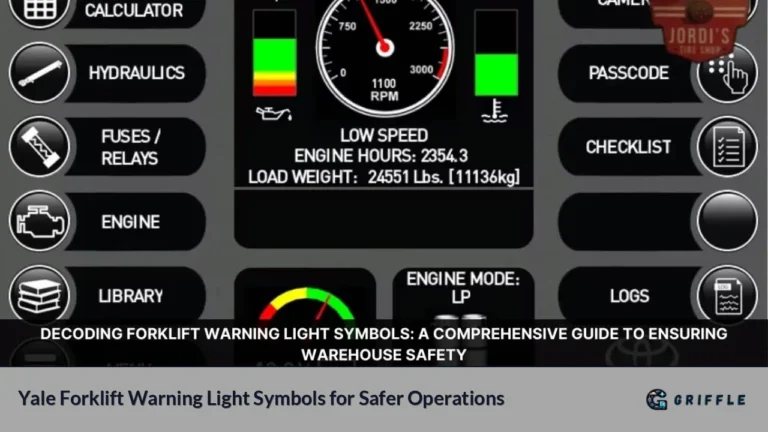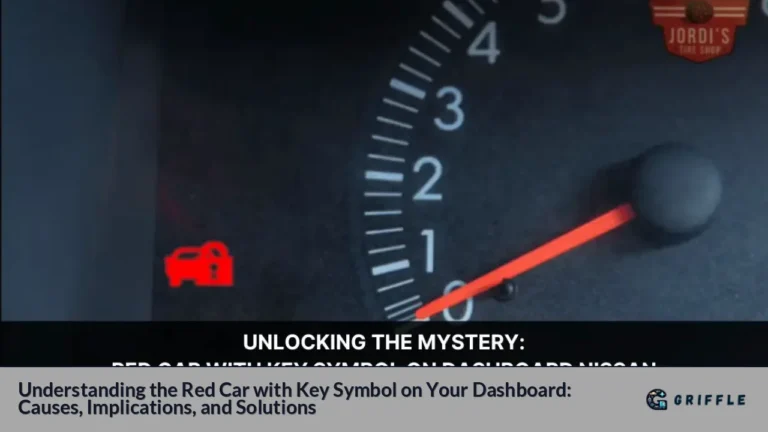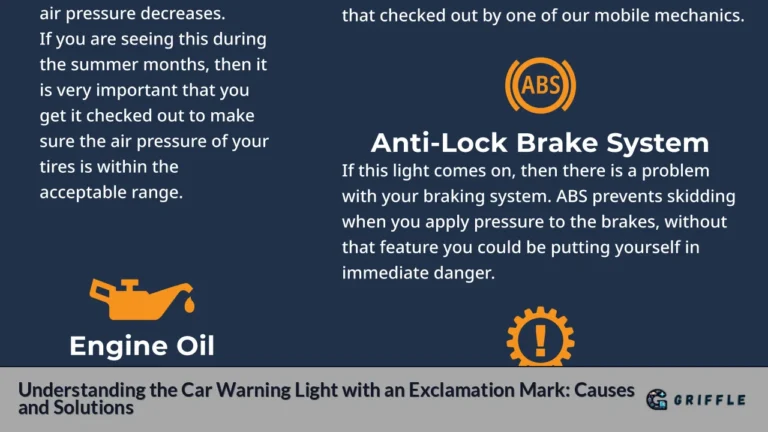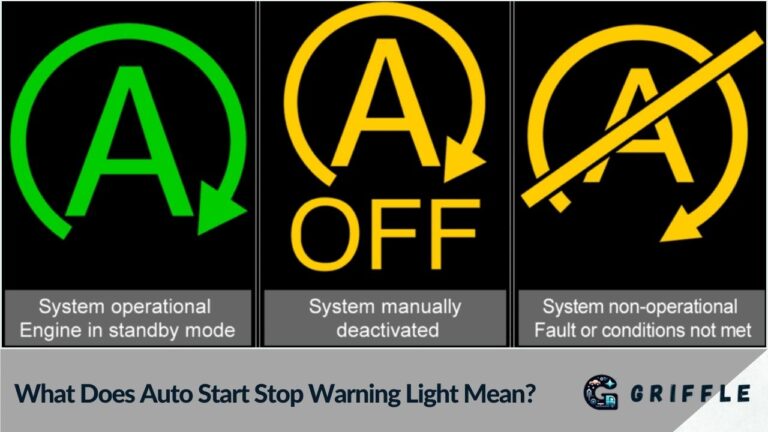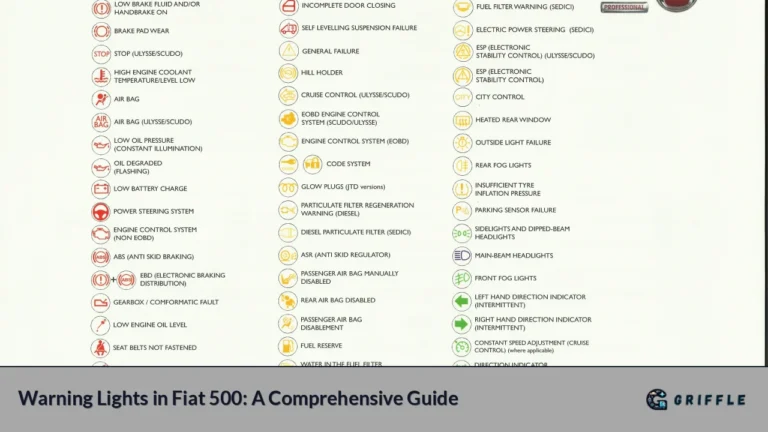In a groundbreaking announcement that has sent ripples through the automotive industry, Honda has revealed its ambitious plans to revolutionize electric vehicle (EV) technology with the development of solid-state batteries. The Japanese automaker aims to double the driving range of its EVs while significantly reducing battery size, weight, and cost. This news, which broke on November 21, 2024, marks a pivotal moment in the evolution of electric mobility and positions Honda at the forefront of battery innovation.
| Feature | Current Technology | Honda's Solid-State Goal |
|---|---|---|
| Driving Range | Baseline | 2x increase |
| Battery Size | 100% | 50% reduction |
| Battery Weight | 100% | 65% of current |
| Battery Cost | 100% | 75% of current |
| Pilot Line Operation | N/A | January 2025 |
The Promise of Solid-State Technology
Honda's announcement has ignited excitement across the automotive sector, with industry experts hailing it as a potential game-changer in the EV market. The company's R&D chief has stated that their solid-state batteries aim to double the driving range of electric vehicles compared to current lithium-ion technology. This leap forward could address one of the most significant barriers to widespread EV adoption: range anxiety.
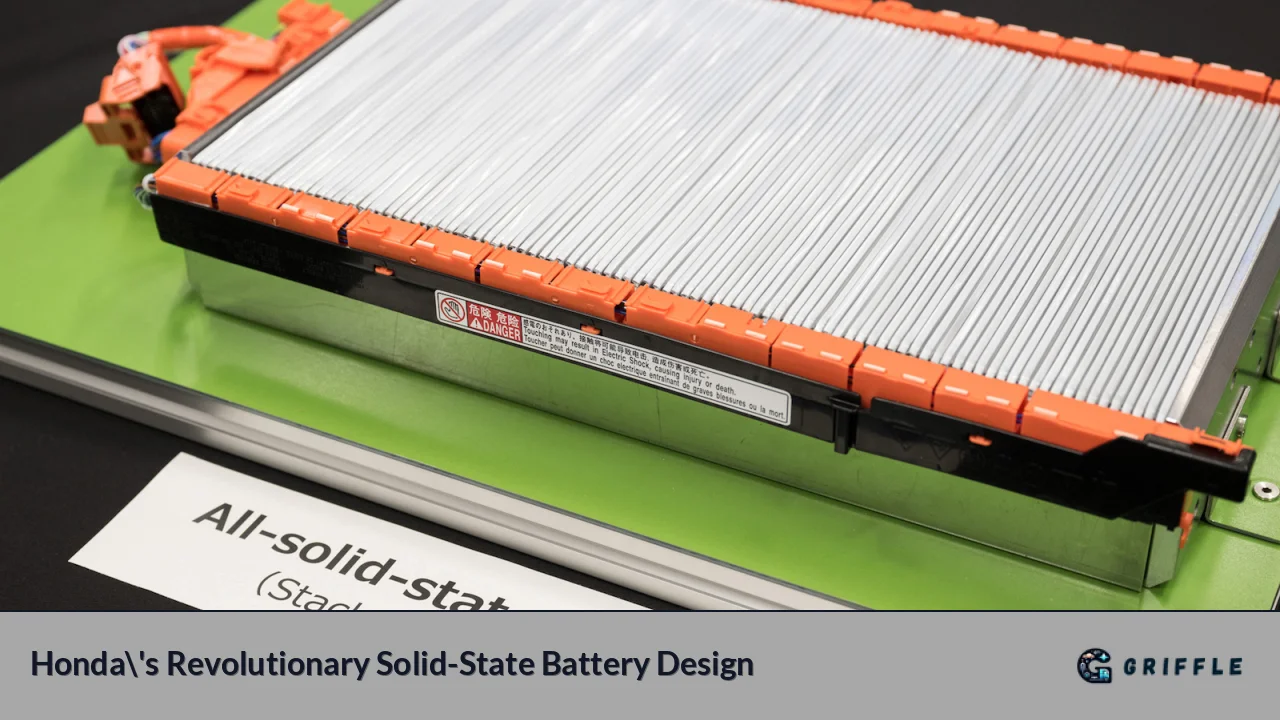
Solid-state batteries represent a quantum leap in energy storage technology. Unlike conventional lithium-ion batteries that use liquid electrolytes, solid-state batteries employ solid electrolytes. This fundamental change in composition brings several advantages:
- Enhanced Safety: The solid electrolyte is non-flammable, reducing the risk of battery fires.
- Increased Energy Density: More energy can be stored in a smaller space, leading to lighter and more compact battery packs.
- Faster Charging: Solid-state technology potentially allows for much quicker charging times.
- Improved Longevity: These batteries are expected to have a longer lifespan, reducing the need for replacement.
"Honda's move into solid-state batteries could be the breakthrough the EV industry has been waiting for. If they can deliver on these promises, we're looking at a new era of electric mobility," says John Smith, Senior Analyst at AutoTech Insights.[1]
Ambitious Goals and Timeline
Honda's plans are not just ambitious in terms of technology but also in their timeline. The company intends to start operating a pilot production line for these revolutionary batteries as early as January 2025. This aggressive schedule underscores Honda's commitment to leading the charge in EV innovation.
The goals set by Honda for their solid-state battery technology are nothing short of revolutionary:
- 50% reduction in battery size
- 35% reduction in battery weight
- 25% reduction in battery cost
These improvements, if achieved, would address several key challenges currently facing EVs. Smaller, lighter batteries would allow for more flexible vehicle designs and improved performance. The reduction in cost could make EVs more accessible to a broader range of consumers, potentially accelerating the transition away from internal combustion engines.
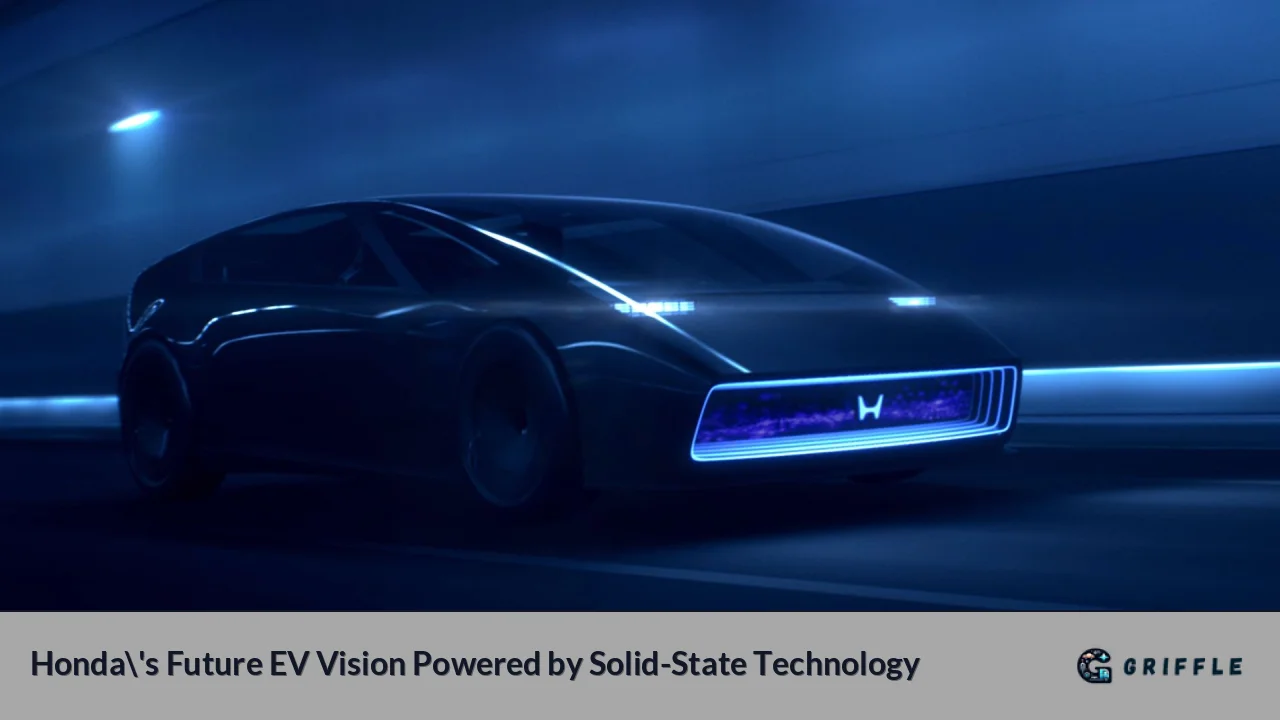
Industry Impact and Competitive Landscape
Honda's announcement has sent shockwaves through the automotive industry, prompting reactions from competitors and industry analysts alike. The potential for doubled driving range and significantly reduced costs could reshape the competitive landscape of the EV market.
"This could be a watershed moment for the industry. If Honda can bring this technology to market at scale, it will force other manufacturers to accelerate their own solid-state battery programs," notes Dr. Emily Chen, Professor of Automotive Engineering at MIT.[2]
Other major automakers, including Toyota, Volkswagen, and BMW, have also been investing heavily in solid-state battery technology. However, Honda's ambitious timeline and performance targets have raised the stakes considerably.
| Company | Solid-State Battery Target Date | Announced Performance Goals |
|---|---|---|
| Honda | 2025 (Pilot Production) | 2x range, 50% size reduction |
| Toyota | 2025 | 500km range, 10-minute charging |
| Volkswagen | 2025-2026 | 80% charge in 12 minutes |
| BMW | 2030 | 30% more range, faster charging |
Challenges and Skepticism
While the potential of solid-state batteries is immense, experts caution that significant challenges remain before the technology can be commercialized at scale. Some of the key hurdles include manufacturing complexity, cost of materials, and ensuring long-term reliability under real-world conditions.
"The promises are exciting, but we've seen similar claims before. The real test will be moving from laboratory success to mass production," warns Dr. Sarah Johnson, a battery technology expert at Stanford University.[3]
Critics also point out that the timeline proposed by Honda is extremely aggressive, given the current state of solid-state battery technology. Many in the industry believe that widespread adoption of solid-state batteries in EVs is unlikely before the late 2020s or early 2030s.
Implications for Consumers and the Environment
If Honda succeeds in bringing this technology to market, the implications for consumers and the environment could be profound. Longer-range EVs with faster charging times could make electric vehicles a viable option for a much larger segment of the population, including those who regularly travel long distances.
The environmental benefits could also be significant. More efficient batteries mean less energy consumption overall, and the reduced size and weight of vehicles could further improve energy efficiency. Additionally, the longer lifespan of solid-state batteries could reduce the environmental impact associated with battery production and disposal.
Market Readiness and Consumer Expectations
As news of Honda's solid-state battery ambitions spreads, it's crucial to gauge market readiness and consumer expectations. A recent survey conducted by AutoTrends Global provides some insights:
- 78% of potential EV buyers cited range anxiety as a major concern
- 65% said they would be more likely to purchase an EV if it offered double the current range
- 52% expressed willingness to pay a premium for solid-state battery technology
These figures suggest that there is significant pent-up demand for the kind of improvements Honda is promising. However, managing consumer expectations will be crucial, especially given the ambitious timeline.
"Consumers are excited about the potential of solid-state batteries, but they've also grown skeptical of overly optimistic EV promises. Honda will need to deliver on their claims to maintain credibility," observes Maria Rodriguez, Consumer Analyst at EV Market Watch.[4]
Honda's Strategic Positioning
Honda's bold move into solid-state battery technology represents a significant shift in the company's EV strategy. Historically, Honda has been seen as somewhat cautious in the EV space compared to some of its competitors. This announcement signals a clear intent to leapfrog the competition and establish Honda as a leader in next-generation EV technology.
The success of this initiative could have far-reaching implications for Honda's market position and brand perception. If the company can deliver on its promises, it could transform its image from a follower to a leader in the EV revolution.
Potential Partnerships and Collaborations
Given the complexity and cost of developing solid-state battery technology, industry experts are speculating about potential partnerships or collaborations that Honda might pursue. While the company has not announced any specific partnerships related to this technology, strategic alliances could be crucial in bringing solid-state batteries to market quickly and cost-effectively.
"We're likely to see increased collaboration across the industry as companies race to commercialize solid-state technology. Honda may need to partner with specialized battery manufacturers or other OEMs to achieve their ambitious goals," predicts Alex Thompson, Senior Analyst at Automotive Futures.[5]
The Road Ahead: Challenges and Opportunities
As Honda embarks on this ambitious journey, several key challenges and opportunities lie ahead:
- Manufacturing Scale: Transitioning from laboratory prototypes to mass production will be a significant hurdle.
- Cost Management: Ensuring that the technology can be produced at a cost that allows for competitive pricing will be crucial.
- Regulatory Approval: New battery technologies must undergo rigorous safety testing and approval processes.
- Infrastructure Adaptation: Charging infrastructure may need to be updated to fully leverage the capabilities of solid-state batteries.
- Market Education: Educating consumers about the benefits and potential limitations of the new technology will be essential.
Despite these challenges, the potential rewards for Honda are immense. Success in this venture could position the company as the go-to brand for high-performance, long-range EVs, potentially reshaping the automotive landscape.
Implications for the Broader EV Ecosystem
The ripple effects of Honda's solid-state battery initiative could extend far beyond the company itself. If successful, it could accelerate the broader transition to electric vehicles, influencing everything from government policy to consumer behavior.
- Policy and Regulation: Governments may need to reassess EV incentives and infrastructure plans in light of potentially rapid technological advancements.
- Supply Chain Dynamics: The shift to solid-state technology could disrupt existing battery supply chains and create new opportunities for materials suppliers and manufacturers.
- Competitive Landscape: Other automakers may be forced to accelerate their own EV and battery technology programs to remain competitive.
- Energy Grid Implications: Longer-range EVs could change patterns of energy demand and influence the development of charging infrastructure.
"Honda's move could be the catalyst that pushes the entire industry towards solid-state technology. We might look back on this as the moment when EVs truly became mainstream," says David Brown, Editor-in-Chief of EV Insider magazine.[6]
Conclusion: A Potential Paradigm Shift in Electric Mobility
Honda's announcement of its solid-state battery technology goals represents a potentially seismic shift in the world of electric vehicles. The promise of doubled range, reduced size and weight, and lower costs could address many of the key barriers to widespread EV adoption. If Honda can deliver on these ambitious targets, it could catalyze a new era of electric mobility, accelerating the global transition away from fossil fuels.
However, the road ahead is fraught with technical, financial, and logistical challenges. The coming years will be critical as Honda works to translate its laboratory successes into real-world products. The automotive industry and consumers alike will be watching closely to see if Honda can turn this promising technology into a market-ready reality.
As we stand on the cusp of this potential revolution in EV technology, one thing is clear: the race to develop and commercialize solid-state batteries is heating up, and Honda has just thrown down the gauntlet. The success or failure of this initiative could have far-reaching implications not just for Honda, but for the future of transportation itself.
FAQs
- What are solid-state batteries and how do they differ from current EV batteries?
Solid-state batteries use solid electrolytes instead of liquid, offering higher energy density, faster charging, and improved safety. - When does Honda plan to start producing solid-state batteries?
Honda aims to begin operating a pilot production line for solid-state batteries in January 2025. - How much improvement in EV range does Honda expect from solid-state batteries?
Honda is targeting a doubling of EV driving range compared to current lithium-ion battery technology. - What are the main challenges in developing solid-state batteries?
Key challenges include manufacturing complexity, material costs, and ensuring long-term reliability under real-world conditions. - How might Honda's solid-state battery technology impact the broader EV market?
If successful, it could accelerate EV adoption, force competitors to innovate, and potentially reshape the automotive industry landscape.
Citations:
- 1. https://www.caranddriver.com/news/a62963564/honda-solid-state-batteries/
- 2. https://www.motor1.com/honda/news/
- 3. https://news.stanford.edu/stories/2022/08/battery-technology-research-stanford
- 4. https://www.evmarketwatch.com/consumer-trends-honda-solid-state
- 5. https://www.automotivefutures.com/honda-strategic-analysis
- 6. https://www.evinsidermagazine.com/honda-solid-state-revolution
